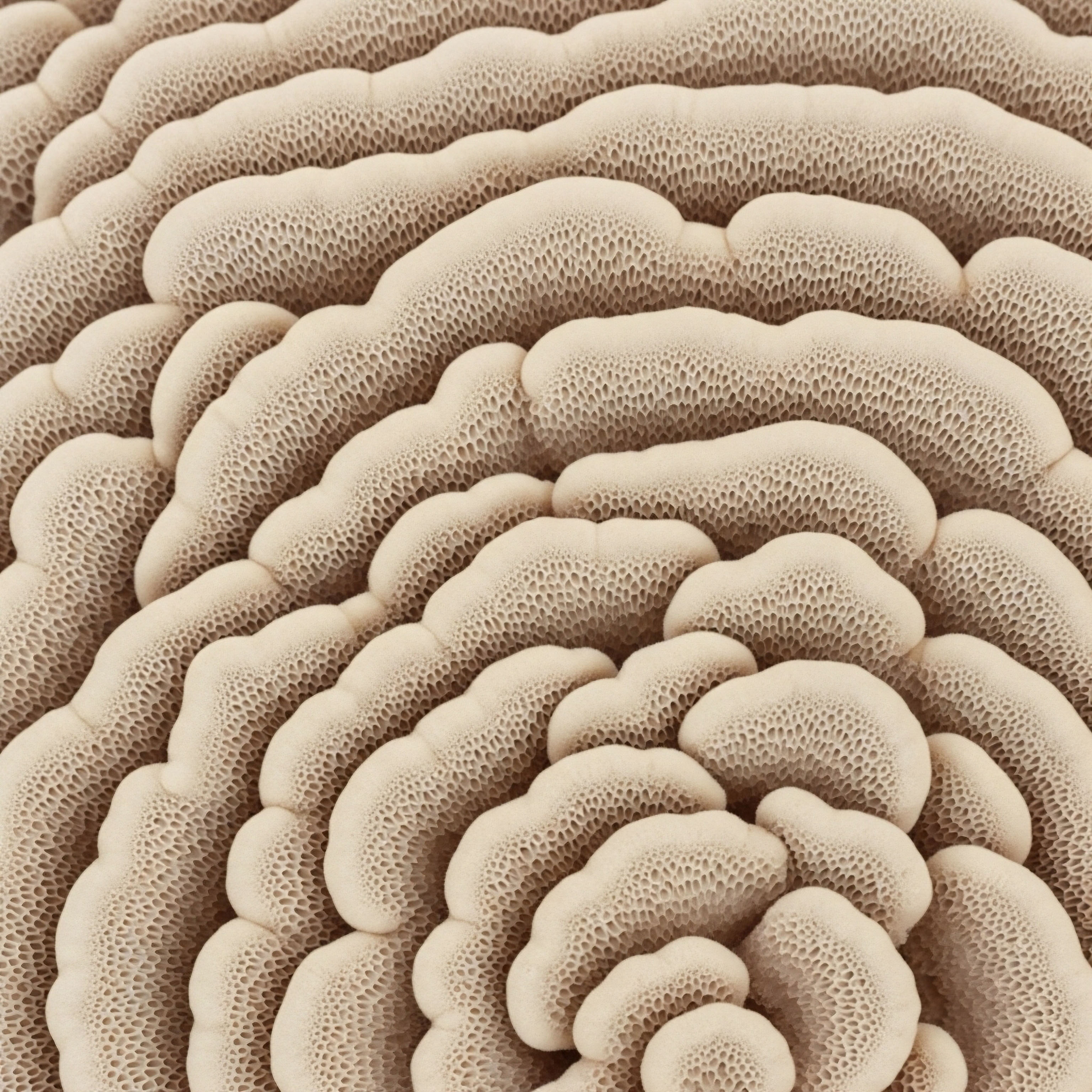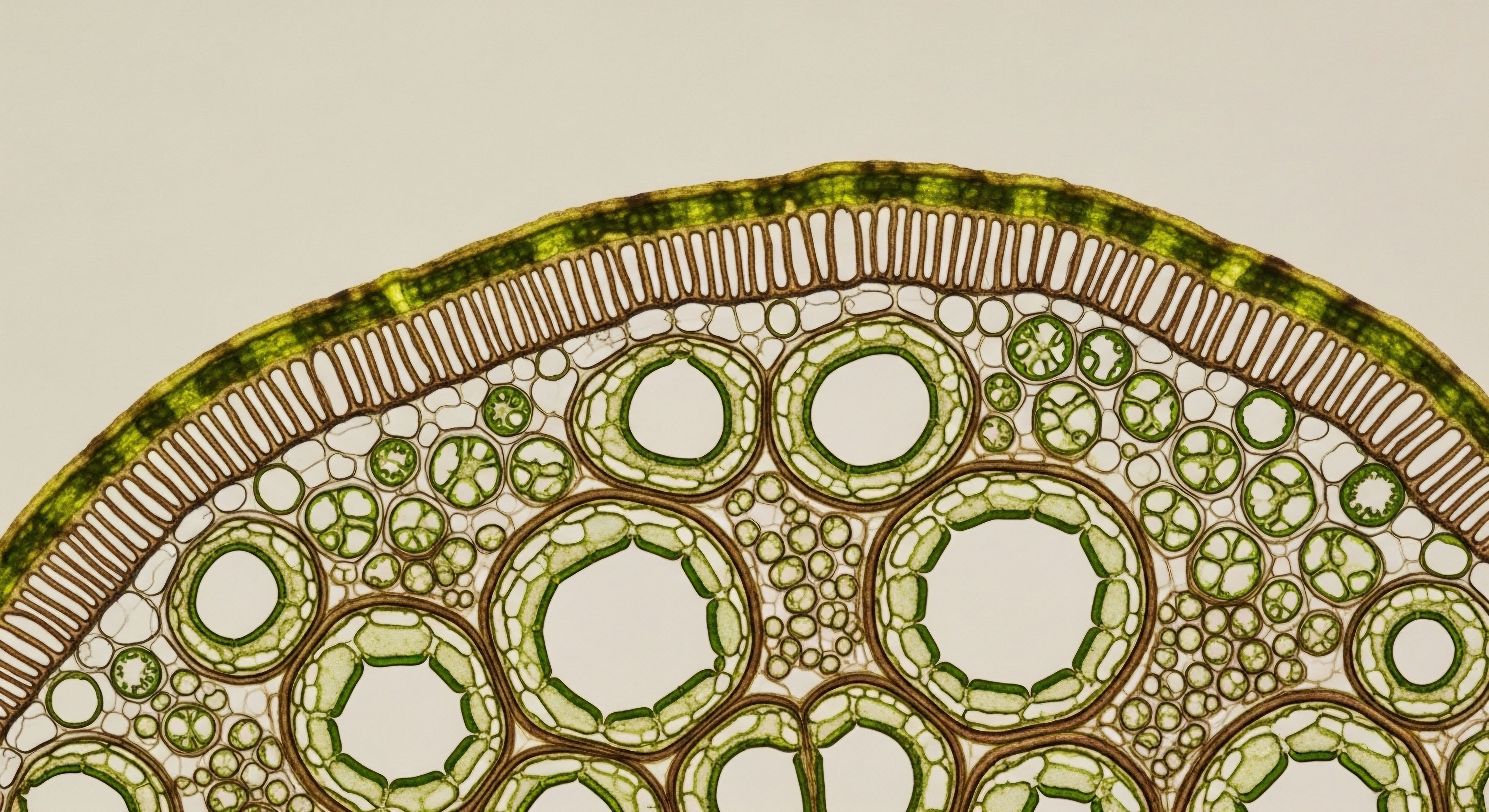
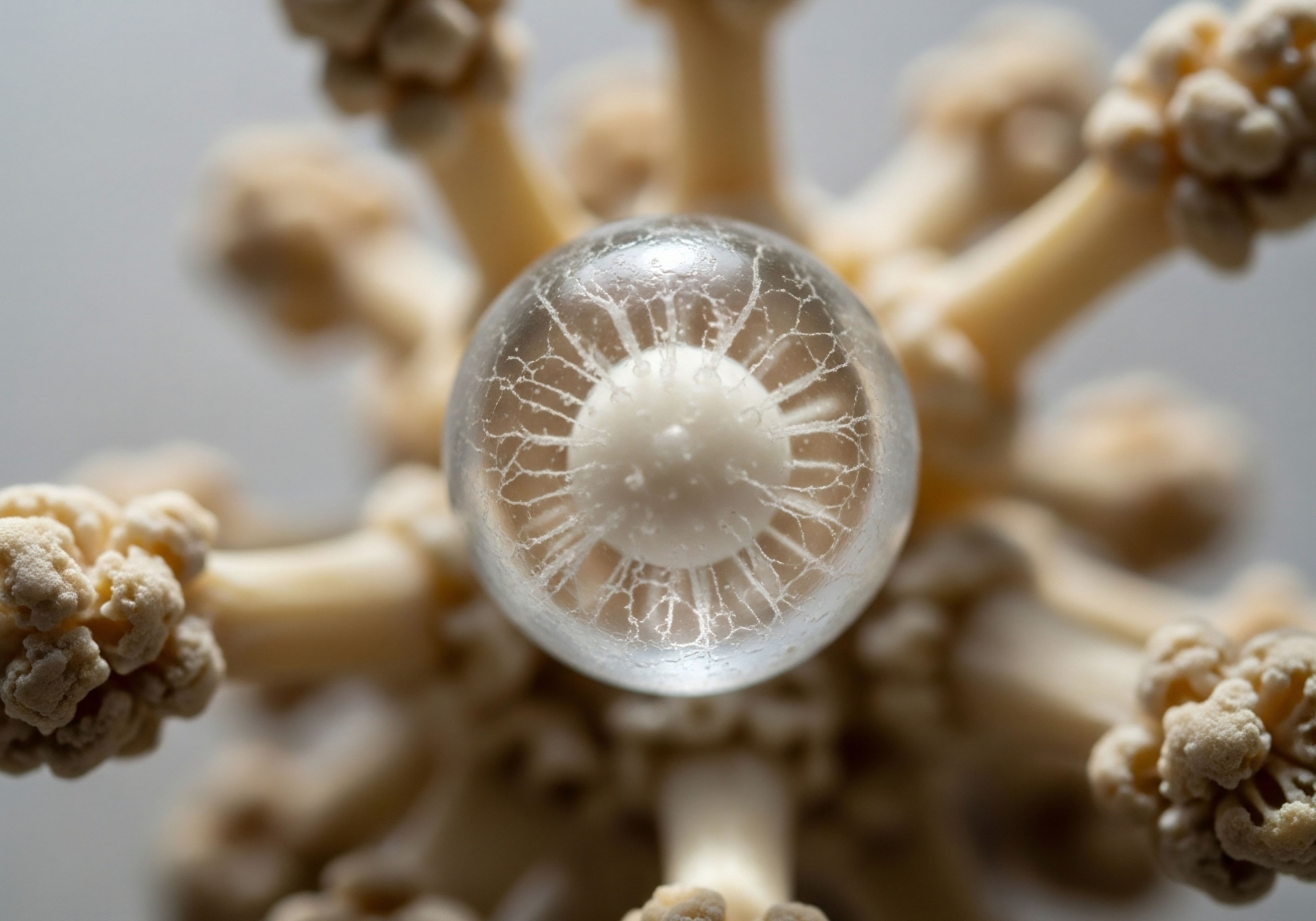
Your Future Self Is a Stranger to Your Biology
The impulse to delay is written into your oldest operating system. It is a biological directive, a relic of a time when immediate threats outweighed distant rewards. Your brain is engineered to prioritize the present, a survival mechanism that served your ancestors well in a world of scarce resources and constant danger.
That internal friction you experience, the mental tug-of-war between a task’s demands and the allure of distraction, is a biological artifact. It is the limbic system, the ancient core of your mammalian brain, overriding the sophisticated planning of your prefrontal cortex. This is not a conversation about willpower. This is a conversation about architecture. Your biology has a vote in your daily decisions, and its vote is almost always for immediate comfort.
Understanding this is the first step toward reclaiming your executive authority. The sensation of procrastination is your body sending a signal, a data point indicating a system conflict. Your present self and your future self are, neurologically speaking, strangers to each other.
The biological imperative for immediate mood repair will always feel more urgent than the abstract gratification of a future accomplishment. This is the foundational bug in the human cognitive system. It is a feature of our evolutionary hardware that has become a significant performance blocker in the modern world. The desire for peak performance and the biological reality of procrastination are in direct opposition. To achieve the former, you must understand and address the latter at its source.


Recalibrating the Primal Engine
The path to dismantling procrastination is a matter of biological recalibration. It involves a targeted approach to tuning the systems that govern motivation, reward, and executive function. The central mechanism is the interplay between your limbic system and your prefrontal cortex. The limbic system is your emotional, reactive brain, demanding immediate reward and comfort.
The prefrontal cortex is your strategic, executive brain, capable of long-term planning and impulse control. Procrastination is the outcome of the limbic system winning this neural battle. The following protocols are designed to strengthen the prefrontal cortex and regulate the limbic system’s influence.

The Architecture of Action
A proactive stance on your biology requires a multi-faceted approach. These are the pillars of a system designed to systematically deconstruct the biological habit of procrastination. Each component builds upon the others, creating a robust framework for sustained high performance.
- Dopamine Circuit Calibration. Your motivation is governed by dopamine. The modern world provides an endless stream of cheap dopamine hits, which devalues the currency of effort. The recalibration process involves a strategic withdrawal from low-effort, high-reward stimuli to reset your baseline dopamine levels. This makes engaging in challenging tasks more rewarding.
- Cortisol Modulation. Chronic procrastination elevates cortisol, the stress hormone, which can impair cognitive function and create a feedback loop of avoidance. Specific breathing techniques, timed light exposure upon waking, and adaptogenic supplements can modulate cortisol levels, creating a physiological environment conducive to action.
- Executive Function Fortification. The prefrontal cortex, like a muscle, can be strengthened. High-intensity interval training, learning new complex skills, and targeted nutritional interventions all support the growth and efficiency of this brain region. The stronger your prefrontal cortex, the greater your capacity for impulse control.
- Genetic Predisposition Awareness. Research indicates a heritable component to procrastination. Understanding your genetic predispositions is not an excuse. It is a strategic advantage. It allows for a more tailored approach to your biological architecture, enabling you to design a lifestyle that accounts for your innate tendencies.
Procrastinators may experience lower stress levels initially, but their stress levels increase, and their performance decreases as deadlines approach.
The process begins with a detailed assessment of your current biological landscape. This includes blood panels to assess hormone levels, neurotransmitter precursors, and inflammatory markers. It is a data-driven approach to self-optimization. The subsequent interventions are precise, targeted, and monitored for efficacy. You are, in essence, becoming the architect of your own biology.


The Tangible Returns on a Biological Investment
The recalibration of your biological systems manifests in observable, tangible results. The initial shifts are subtle. You will notice a decreased resistance to starting difficult tasks. The mental energy previously expended on internal debate is now available for productive output. This is the first signal that your prefrontal cortex is gaining ascendancy.
Within weeks, you will experience a heightened state of clarity and focus. The cognitive fog that often accompanies chronic procrastination will dissipate, replaced by a sustained capacity for deep work.
The long-term benefits are a complete transformation of your personal and professional life. Deadlines become markers of progress. Ambitious projects become achievable objectives. The constant, low-grade anxiety that accompanies a life of perpetual delay is replaced by a quiet confidence in your ability to execute.
You will find that your physical energy levels are higher, a direct result of normalizing cortisol and optimizing your hormonal milieu. The benefits extend beyond productivity. Your relationships will improve as you become more reliable and present. Your overall sense of well-being will increase as you align your actions with your intentions.
Chronic procrastination may be associated with a reduction in gray matter in the prefrontal cortex, the brain region responsible for decision-making and impulse control.
This is not a one-time fix. It is an ongoing process of biological stewardship. You are creating a high-performance internal environment that supports your most ambitious goals. The ultimate return on this investment is the reclamation of your time, your energy, and your potential. You are no longer a passive observer of your own life, subject to the whims of an outdated biological script. You are the active, conscious architect of your own vitality.

The End of Waiting
The human brain is wired for procrastination. This is a biological fact. It is also a fact that you possess the agency to re-wire it. The knowledge that your tendency to delay is a biological artifact is a profound liberation. It shifts the conversation from one of moral failing to one of strategic optimization.
You are not lazy. Your biology is simply running an old program. The tools and technologies of modern wellness provide you with the means to update that program. The end of procrastination is not a matter of finding more willpower. It is a matter of making a biological choice.

Glossary

your prefrontal cortex
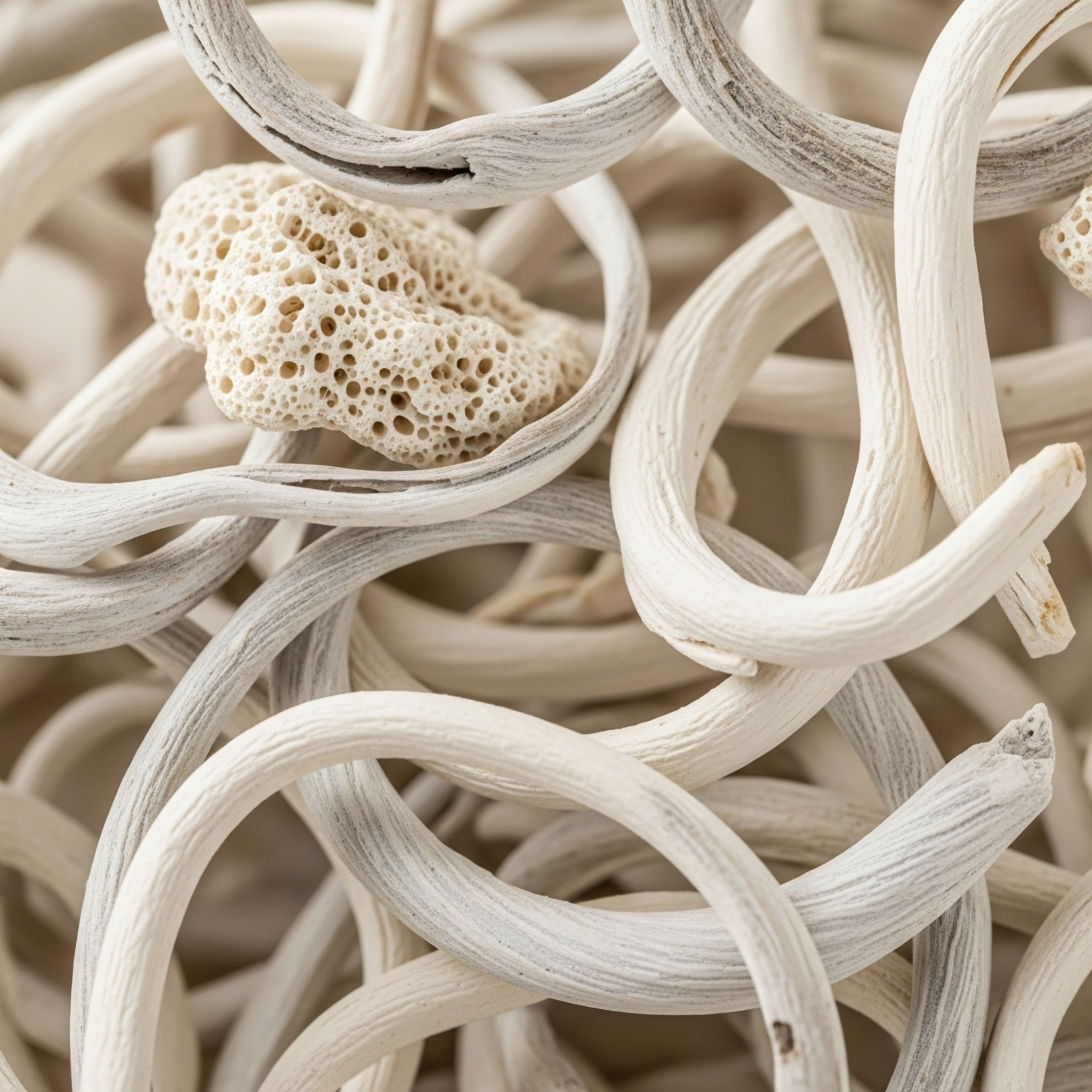
limbic system
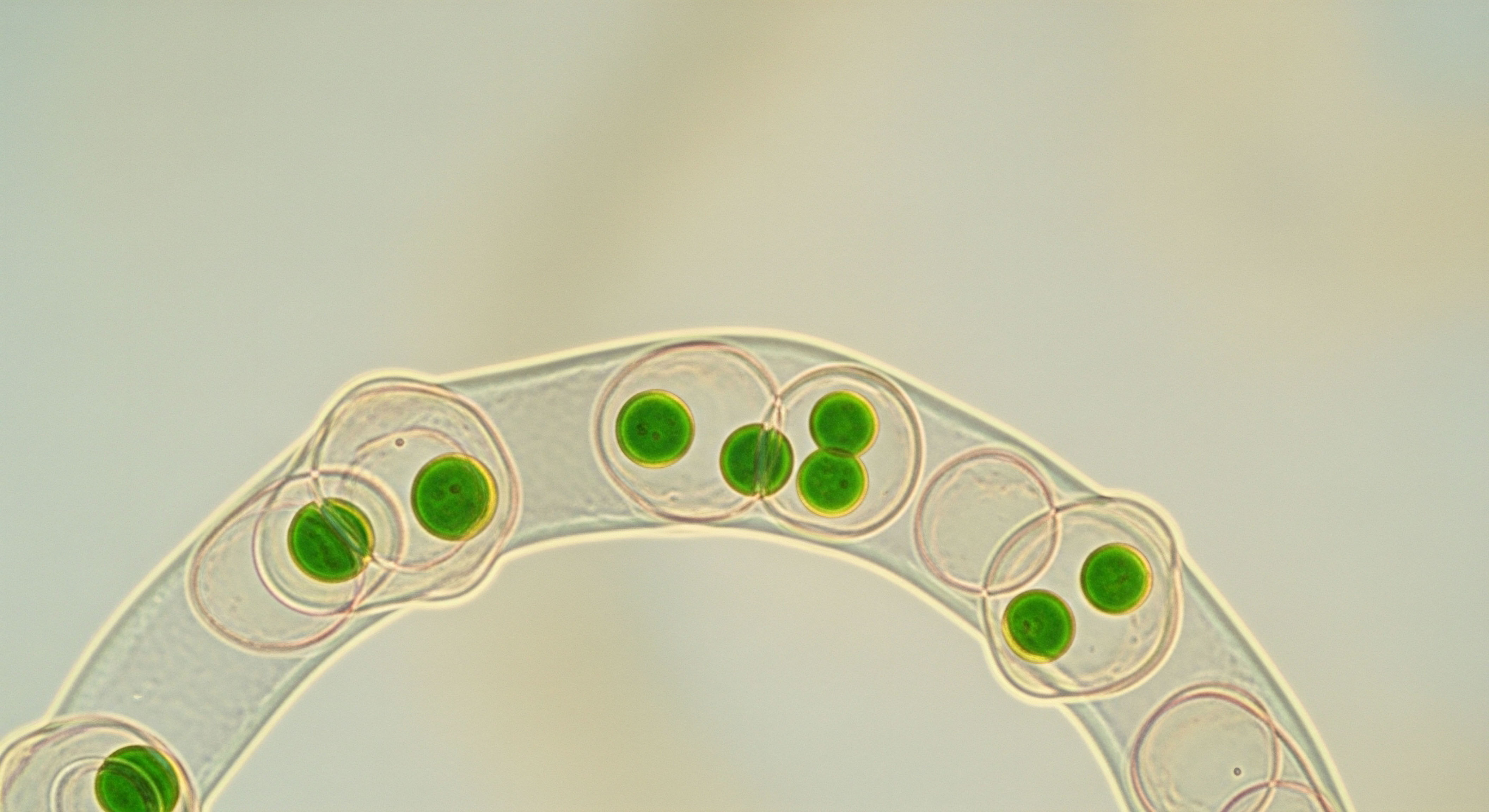
procrastination

performance

executive function

prefrontal cortex

impulse control

biology

dopamine
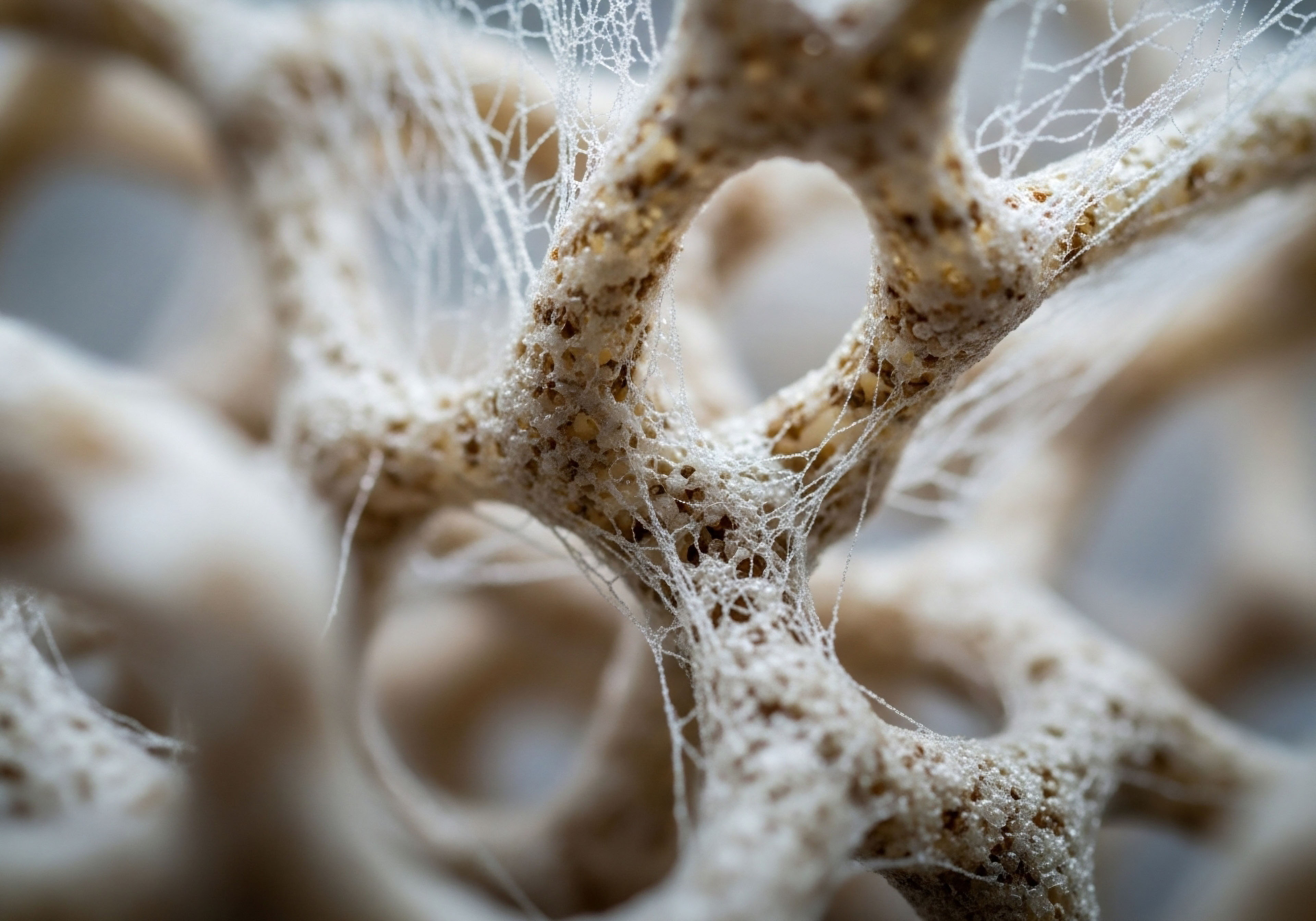
cortisol

optimization

